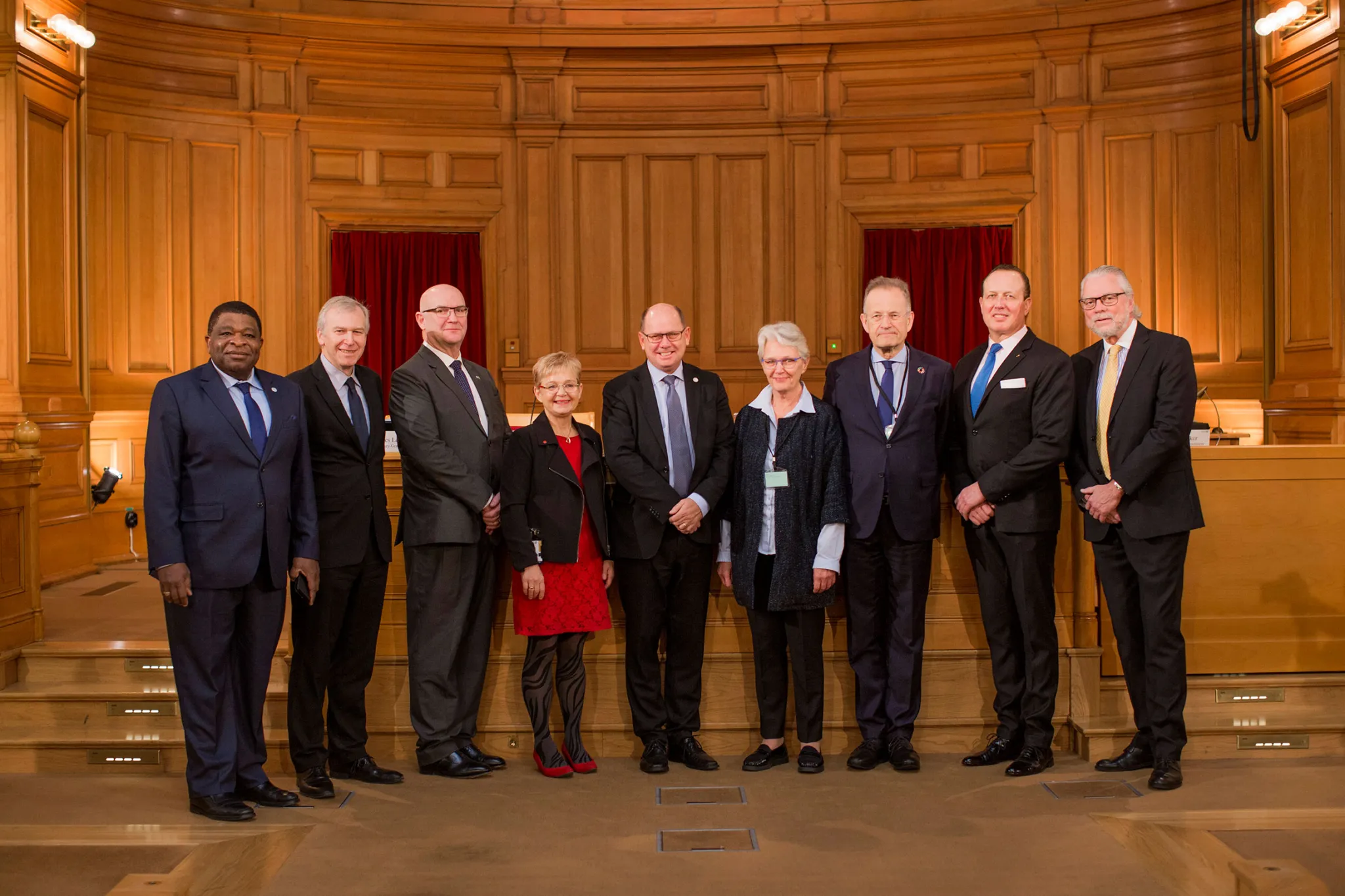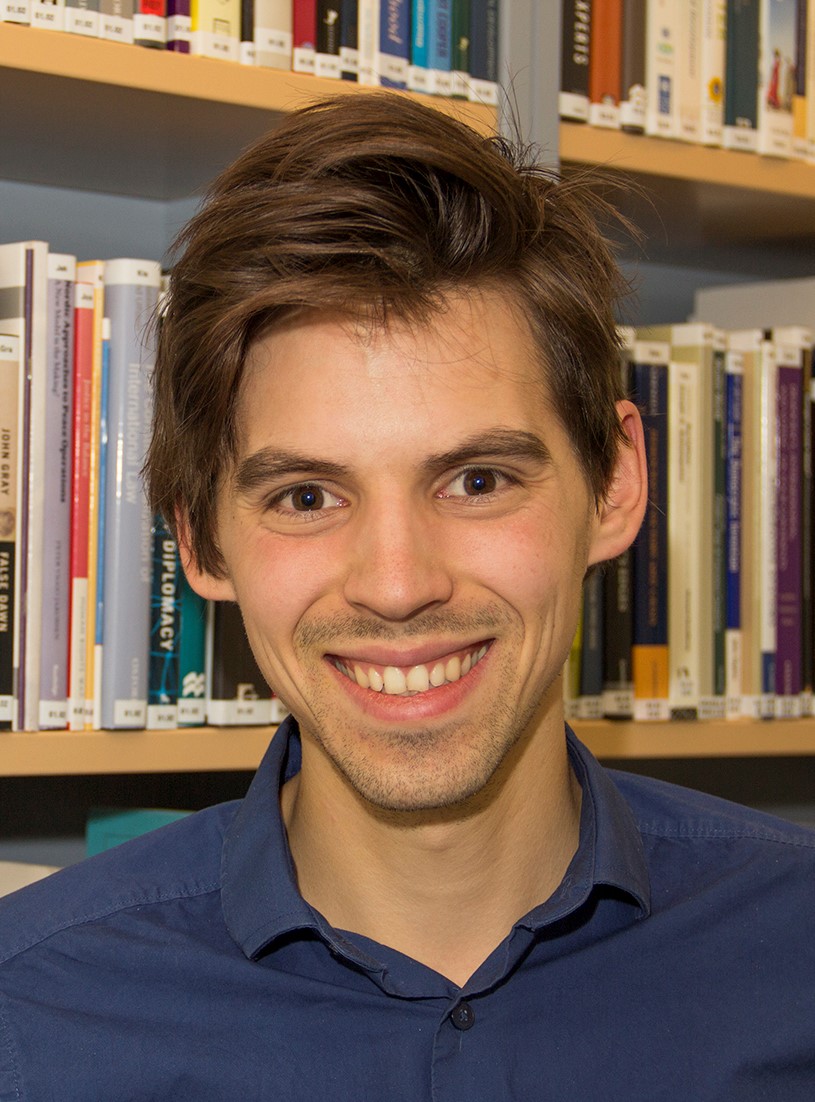Secretary-General moderates high-level panel at Swedish Parliament

On 30 November 2017, International IDEA Secretary-General Yves Leterme moderated a panel discussion at the Riksdag, the national parliament of Sweden, in Stockholm. Celebrating the 125th anniversary of the Riksdag’s membership of the Inter-Parliamentary Union (IPU), the panel focused on the future of cooperation between the United Nations, the IPU, and national parliaments.
High-level participants included Michael Møller, Director-General of the UN Office in Geneva; Martin Chungong, Secretary-General of the IPU; Anti Avsan, Chair of the IPU Standing Committee on United Nations Affairs; Lennarth Hjelmåker, Ambassador of the UN Policy Department of the Swedish MFA; and Margareta Wahlström, President of the Swedish Red Cross.
Opening remarks from Urban Ahlin, Speaker of the Riksdag, noted the importance of parliamentary action and interaction. Following this, Krister Örnfjäder, Chair of the Swedish IPU delegation, stressed the special importance of parliaments in bringing the voice of the people to the UN. Subsequently, the first speaker of the panel, Anti Avsan, Deputy Chair of the Swedish IPU delegation took the stage, elaborating on the role of the IPU Standing Committee on UN Affairs, and on the cooperation between the UN and the IPU.
Following Avsan’s speech, Secretary-General Leterme delivered his opening remarks, stressing the importance of Internaitonal IDEA´s strategic partnership with the IPU in advancing democracy worldwide. Democracy, Leterme noted, currently faces some challenges. Many people are losing trust in the traditional institutions of democracy, and that poses challenges for parliaments as well. For democracy to remain strong, he stressed, it is essential that trust is restored, and parliaments have a key role to play in that process.
Next, Møller took the floor, stressing the myriad of global challenges we face today, from climate change to technological evolutions. These challenges "can upend all aspects of our lives", he said, and given their global nature, will require global responses. In order to make that possible, Møller emphasised the important role of parliaments and proposed giving them a greater role at the UN, for example by giving them a more structured place in country teams.
Following Møller, Chungong expressed his support for the proposed UN reforms. He noted that collaboration between the UN and the IPU has yielded great results over the decades, but called for even further cooperation, especially in conflict-prone countries.
Hjelmåker subsequently shared personal experiences of the importance of parliaments and the IPU, in Sweden as well as at the UN, after which Margareta Wahlström delivered the final presentation. She stressed that most global challenges today are based on local issues. She used the SENDAI Framework for Distaster Risk Reduction as an example, highlighting that the involvement and engagement of national parliaments is essential to tackling problems of a global nature.
The panel discussion concluded with a series of questions, put to the panelists by the Secretary-General and the audience, in which the topics of terrorism and practical suggestions future future cooperation between the UN and the IPU were discussed.




